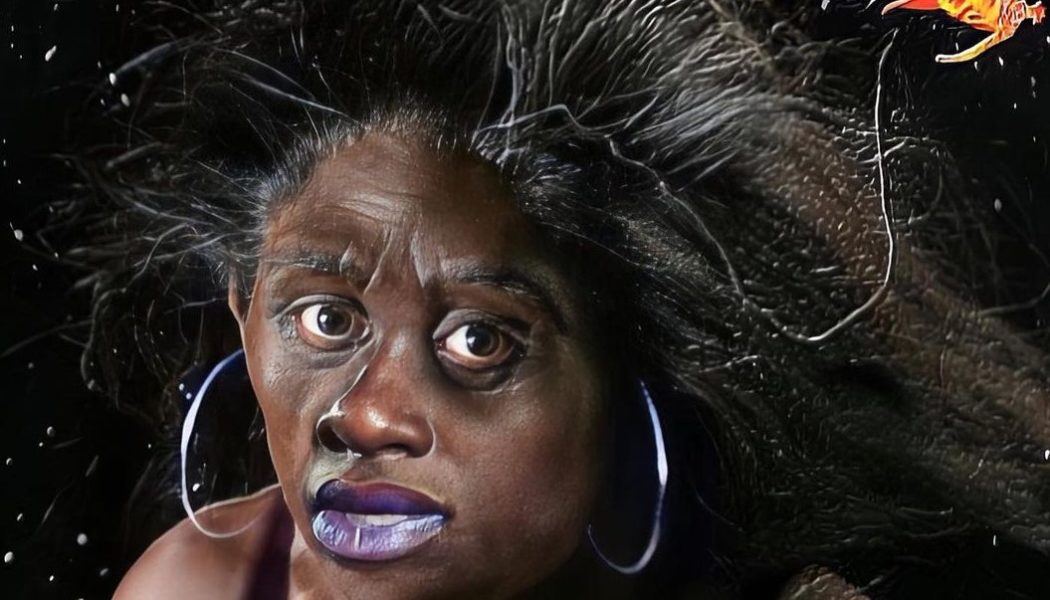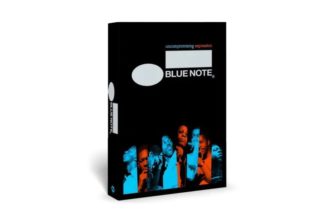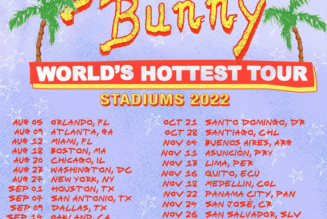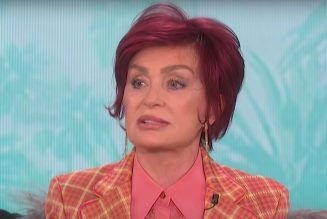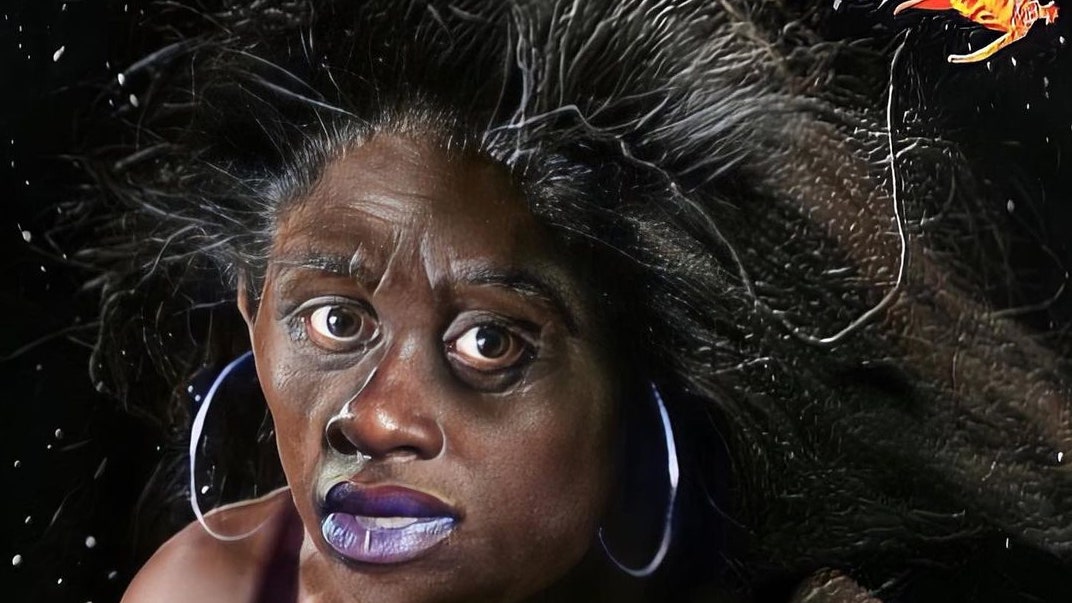
Sometimes the only way to work through the bullshit is to point at your close friends and ask, “Do you all see this, too, or am I bugging?” Their confirmations stop you from feeling like you’re on a different planet from everyone else. That’s the driving force behind Noname’s first project in five years, the eye-opening and disruptive Sundial. On the first track, with her typical buttery, head-in-the-clouds delivery, she raps, “We smokin’ positivity like dust, trust.” It’s a cutting quip: She’s fed up with anti-critical positivity, the kind that leads corporations to dress up and commodify Black art, turning an artist’s politics into a commercialized performance. She has no time for the idea that It’s all good as long as they’re Black, no matter what they’re selling. Sundial pushes back against that complacency in a real regular-person kind of way. It’s not preachy or too heavy. Noname is not trying to sell herself as a revolutionary. She’s also unafraid of biting self-reflection that leaves her own contradictions out in the open. In rap, where it’s so often about seeming indestructible, hanging yourself out to dry is a gutsy move.
With her loopy, shapeshifting flow and gentle, dynamic voice, Noname uses her sense of humor to seamlessly thread together everyday reflections with anti-imperial ideology. Bars like “Get that pussy to drip/Wear that drip in the hood” live cozily alongside “We is Wakanda/We queen, Rwanda/First Black president, and he the one who bombed us.” They’re both distinctly provocative, the former because of the wordplay, the latter because of the bluntness. Criticizing Disney or Obama is still low-hanging fruit, but Noname lays the line down so matter of factly, as if she knows that. I guess she won’t be on the next playlist.
Noname doesn’t just land blows at big targets for the fun of it; she isn’t getting some takes off or being a hater. Instead she uses these musings to interrogate herself. On “Namesake,” producer Slimwav’s sonorous funk bassline and forceful percussion set the tone for some of the most inspired rapping of the year. “’Cause if you want some money you can say that/You deserve the payback, these niggas took everything,” she spits, seemingly addressing other Black entertainers, less agitated by the single-minded ambition to deepen their pockets than by the fact that they’re pretending otherwise.
Then, the synths deepen, and her fiery raps switch to a cheer-squad cadence as she shades Rihanna, Beyoncé, and Kendrick Lamar’s working relationships with the NFL (she got Jay-Z in an earlier line). Throwing grenades without taking shelter; it’s shocking to hear another artist challenge them. Eventually, she circles back to herself: “Go Noname go, Coachella stage got sanitized/I said I wouldn’t perform for them and somehow I still fell in line, fuck.” On one side, it’s a slight cop-out, softening her condemnation of the megastars by making sure not to position herself as impervious to the same temptations. And at the same time, it’s incredibly honest rapping that leaves her vulnerable to scrutiny. Being that real about yourself only sharpens the darts you throw at others.
Like Kendrick’s thrillingly messy therapy session Mr. Morale & the Big Steppers, Noname is also wary of the pedestal she’s been placed on. In the years since 2018’s Room 25, she started Noname Book Club, which, by her telling, was a way to use the platform she gained from music to foster community and to familiarize both herself and club members with Black writers across genres. But nothing is ever that simple. The conversation around “the radicalization of Noname,” as The New York Times put it, has caused her—much like Kendrick after winning his Pulitzer—to be slotted into the role of the artist whose voice we so desperately need right now. It’s an impossible image to live up to and the teardown is always inevitable.
A more shameless musician would have run with it as long as they could—channeled the performativity of the Mau Maus from Spike Lee’s Bamboozled, got their own Disney-stamped event for the culture—and cashed out. But Noname amplifies her flaws and normalcy. She’s still in the real world, and not because she’s visiting as some act of radical relatability like Beyoncé riding into the disco on horseback. Caring about shit doesn’t stop her from still getting high, going through the ups-and-downs of relationships (the way she repeatedly claps “Fuck you nigga” on “Toxic” is acidic), and probing her own beauty standards on “Beauty Supply.” The one slight drag of Sundial: In contrast to Noname constantly barring out, her hooks sound a little weak, as on “Hold Me Down,” where her plain melodies are backed by the type of full-throated choir that sounded better on Chance’s Coloring Book.
The features, however, are explosive, especially $ilkMoney on “Gospel?” who opens his verse with, “I’m not gon’ lie, I’m not surprised to hear the Fugees was FBI” over the warmest church pianos, and Jay Electronica, who sets off nuclear bombs name-checking Louis Farrakhan and mocking Ukrainian president Zelenskyy on “Balloons.” Both are outspoken rappers who provoke backlash and don’t seem that bothered by it, something I suspect Noname finds almost aspirational. There is hypocrisy to the inclusion of Jay Electronica, the kind of rapper you might expect Noname would heavily criticize given his blatant anti-Semitism and closeness with the institutional power of Jay-Z. But she’s as drawn to that messiness as anyone, and because of that, “Balloons” is a thorny track that feels at odds with her messaging. It’s also a full-on rap clinic. “And if you sing about a sister then we buyin’ a ticket for real,” she raps, targeted words that she says with what seems like a sarcastic smirk. Do the open contradictions make the song any less great? It depends on what they are and who you are, and your answer will say as much about her as you. Artists like Spike Lee, Tupac, Kanye West, Kendrick, Jay-Z, and Beyoncé have these inconsistencies. As you have them. As I have them. Noname’s got ’em, too.
